Tynemouth Lifeboat Station celebrates 200 years of the RNLI
and live on Freeview channel 276
Tynemouth lifeboat station was founded 1862 in Prior’s Haven, not too far from the station’s modern base at Fish Quay, North Shields, and still has a committed team working to keep people safe at sea.
For Mark Taylor, deputy coxswain at Tynemouth RNLI, the anniversary is an opportunity to “inspire other people” to give up their time for the charity and to recognise the efforts of those who have done so throughout its long history.
Advertisement
Hide AdAdvertisement
Hide AdThe volunteer of 15 years said: “We are like the ambulance and we are like the AA. We are like all these things but on water.
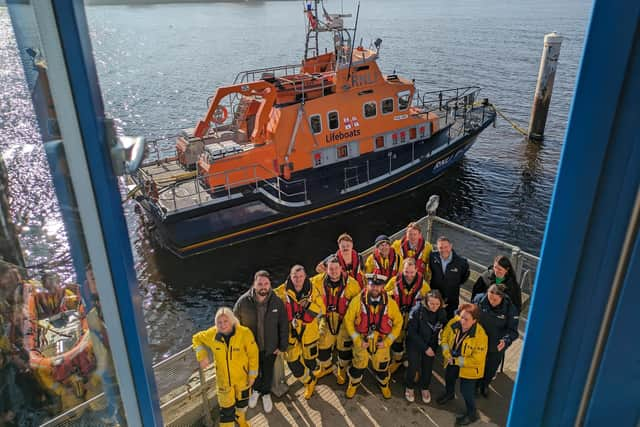

“So many different things will happen on this boat when we go out.
“We bring people home who would not have come home that night, and that is a really good feeling.”
Mark, 44, was inspired to join the RNLI by his dad, who was a lifeboatman for 40 years.
Advertisement
Hide AdAdvertisement
Hide AdHe said: “He had 25 years actively on the boat and then 15 years as a launching authority. That was up in the station in Blyth. That is where I was originally from.
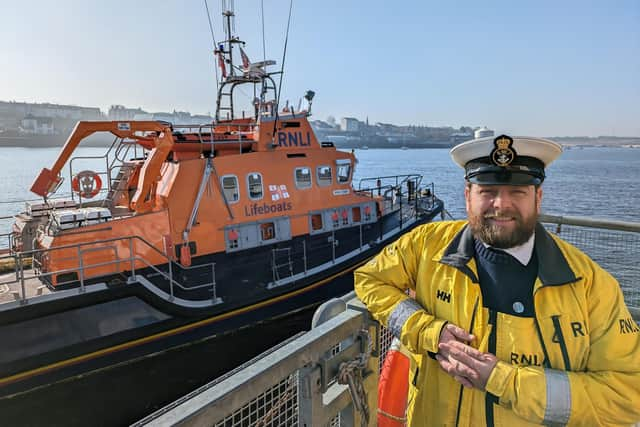

“I used to watch him go out and down the slipway and was very proud of what he did. I have got three kids and hopefully one day they will want to do the same thing as me. There are a lot of crew who have that same story.”
He added: “I am very proud to be part of the RNLI. Hopefully, it will last for another 200 plus years.”
Since it was founded in 1824, the organisation has saved over 140,000 lives and has launched its lifeboats over 380,000 times. The RNLI station in Tynemouth has alone saved more than 850 lives at sea.
Advertisement
Hide AdAdvertisement
Hide AdMartin Kenny, who was a serving crew member between 1980 and 2002, said: “What it marks is 200 years of the RNLI saving people’s lives unconditionally, and I think that is an amazing thing.”
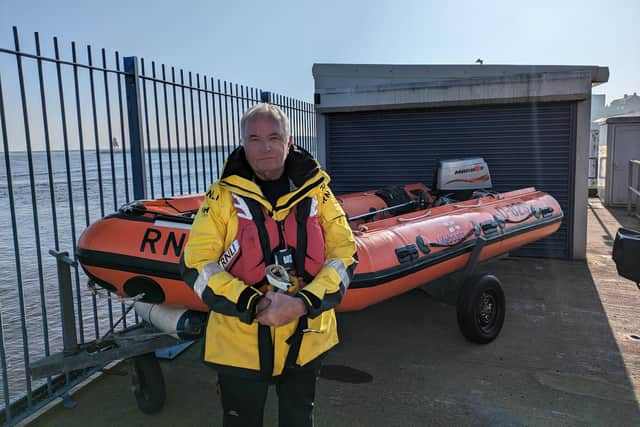

In addition to its constant action rescuing passengers from sinking ships, Tynemouth Lifeboat Station encountered a unique situation during the Second World War.
Martin, 74, said: “The main thing that happened at this station in the Second World War was that it was the only lifeboat station to be bombed. The RNLI station and the Tyne Lifeboat Society boats were side by side and they both got hit by the same bomb.
“We think they were probably trying to bomb the petroleum dump on the other side.
Advertisement
Hide AdAdvertisement
Hide Ad“It was blown to bits in 1941. They brought the lifeboat that was in position here back. It was replaced by the brand new lifeboat that had gone on to be blown to bits.”
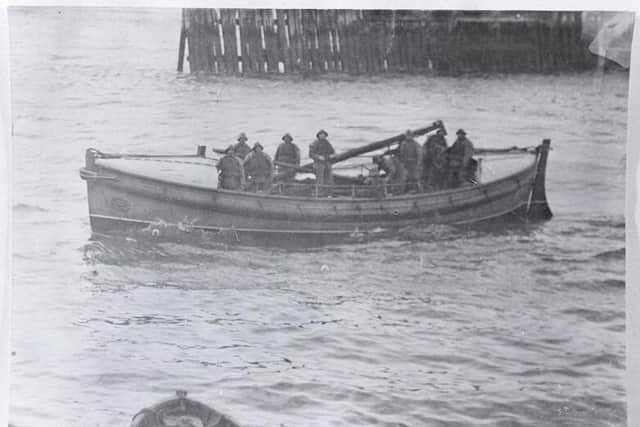

In 1905, the RNLI’s first ever motorised lifeboat was stationed in Tynemouth. Now, it is home to a D class inshore lifeboat and a Severn class all weather lifeboat that, powered by two v10 engines, can reach a speed of 26 knots.
The Severn class lifeboat at Tynemouth station holds the record for the furthest offshore rescue in RNLI history. Mark was a freshly-trained navigator when the crew responded to a fishing boat in distress 114 nautical miles off the coast.
He said: “It was a fishing boat that was taking on water and sinking. We took four and a half hours to get to him.
Advertisement
Hide AdAdvertisement
Hide Ad“Once we located the vessel we put him in a tow, put a crew member on board, and the crew member pumped out, along with the skipper, in shifts of 20 minutes for 14 and a half hours while we towed them back to Sunderland. That was definitely a life saved.”
Mark added: “I was the navigator, so it was all on me to get us to the right position. Once we were there to do the search we only had one chance because we only had enough fuel to go out, do one search, and come back.
“That moment, when we heard on comms that the person is still afloat and we got exactly his location, working with the helicopter, that feeling was fantastic.
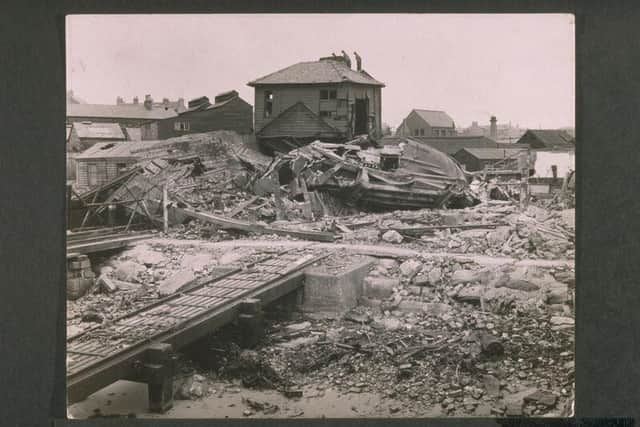

“There were lots of things to do to keep busy but it was very tiring. All the crew were very tired by the time we got back.”
Advertisement
Hide AdAdvertisement
Hide AdThe critical work carried out by RNLI crews is supported by donations and volunteering. Alison Byers, regional engagement lead for the RNLI, said: “For 200 years we have been saving lives at sea. We are an independent charity. We are run by volunteers.
“Our fundraising is absolutely critical. That and our volunteers are our service.”
Sheila Carr, 70, a volunteer fundraiser for Tynemouth RNLI, took up the role after she retired to keep a family tradition going.
The 70-year-old said: “I come from a seafaring family. My mum used to collect donations and she passed away last year.
“I just thought it was fitting for me to continue that.”
Advertisement
Hide AdAdvertisement
Hide AdShe added: “I have lived here all my life and everybody knows somebody in this area who has had something to do with the sea, the river, the quay. If they do not, they enjoy coming to the coast.
“They look on the RNLI here as something that is needed.
“People in the community are so supportive. They are so generous. They are really willing to support us.
“I would just like to say thank you. We really value your support and donations.”